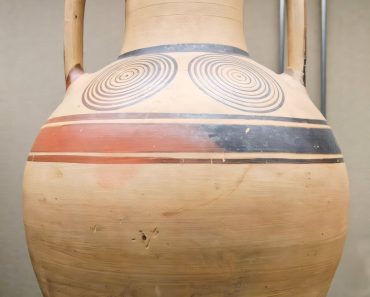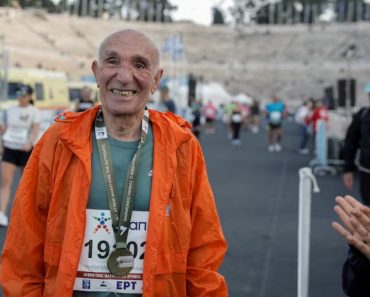By Despina Karpathiou
Women in the 21st century have more rights and better opportunities than any other woman at any time on earth. Yet, we’re the most stressed-out generation in human history. We have more health complications because of stress than ever before.
We’re told that we can do it all. Have kids, be a loving and attentive partner, succeed at our careers and look like we have it all together. We call ourselves ‘girl bosses’ and ‘boss babes.’
However, the downsides of ‘doing it all’ are coming to light.
Recent data looking specifically at burnout in women is concerning.
According to a survey by LinkedIn of almost 5,000 Americans, 74% of women said they were very or somewhat stressed for work-related reasons, compared with 61% of employed male respondents.

A separate analysis from workplace-culture consultancy A Great Place to Work and health-care start-up Maven found that mothers in paid employment are 23% more likely to experience burnout than fathers.
Mounting pressures on women
The Greek Herald spoke to Dr Diana Adis Tahhan (PhD) about all things burnout and how to live a more balanced life.
Dr Diana is a Greek Orthodox multi-discipline therapist and founder of Sydney Healing and Research Centre. We asked her why she thinks women may be more susceptible to burnout than men.
“The pressures on women these days, particularly married women and single mothers, are mounting,” she says.
“The role of women is manifold. Women are being asked to do virtually the impossible – raise kids, try and raise them well, be a loving wife and mother, be attentive to the household and the needs of those in there, support elderly parents and family members, and look great and fit while doing it all! Add in the rising cost of living and inflated household costs, and women are needing to work to help supplement income or provide for their family.
“It’s virtually impossible to survive on a single income and we wear multiple hats. There is a lot of pressure on women and many are coming to the realisation that they can’t do it all.”


Symptoms and prevention:
Dr Diana explains that the most common symptoms of burnout include headaches, fatigue, stress, insomnia, hormonal disruption, mood disruptions and physical manifestations of pain. These symptoms can be very disruptive and take a long time to dissipate, further impacting your life.
“To prevent burnout, we have to ask ourselves a few specific questions: What is most important in my life and am I truly defined by what I do? Do I value my job more than I value my (physical and emotional) health? What are the daily practices I have that are either helpful or harmful to my health? Do I have a clean lifestyle and what does this look like? Am I propping my body up with the best habits to help me thrive?” Dr Diana says.
She emphasises the importance of a multi-pronged, embodied approach to avoid burnout, including self-care, sleep, healthy nutrition, smart supplementation, physical movement, and emotional and mood support.



Another way in which you can prevent career burnout is by choosing the right career. Dr Diana advises, where possible, to choose something you love doing.
“As cliché as that sounds, it’s so correct!” she says.
“Ask yourself questions like: What am I measuring my success by? What does a career mean to me and what are my values? Do I feel that this has a purpose? Is it a labour of love? Is this serving me? Is it serving God? Am I truly at peace? What is my end goal?”
She also says that if we don’t have peace in our hearts, it is difficult to change our thoughts.
Dr Diana works with women (and men) all the time to help them find this peace in their hearts and to help them prevent issues, like burnout, which can lead to greater physical and emotional issues. Prevention is better than cure!
Learn more about burnout: https://www.ncbi.nlm.nih.gov/pmc/articles/PMC8375289/







